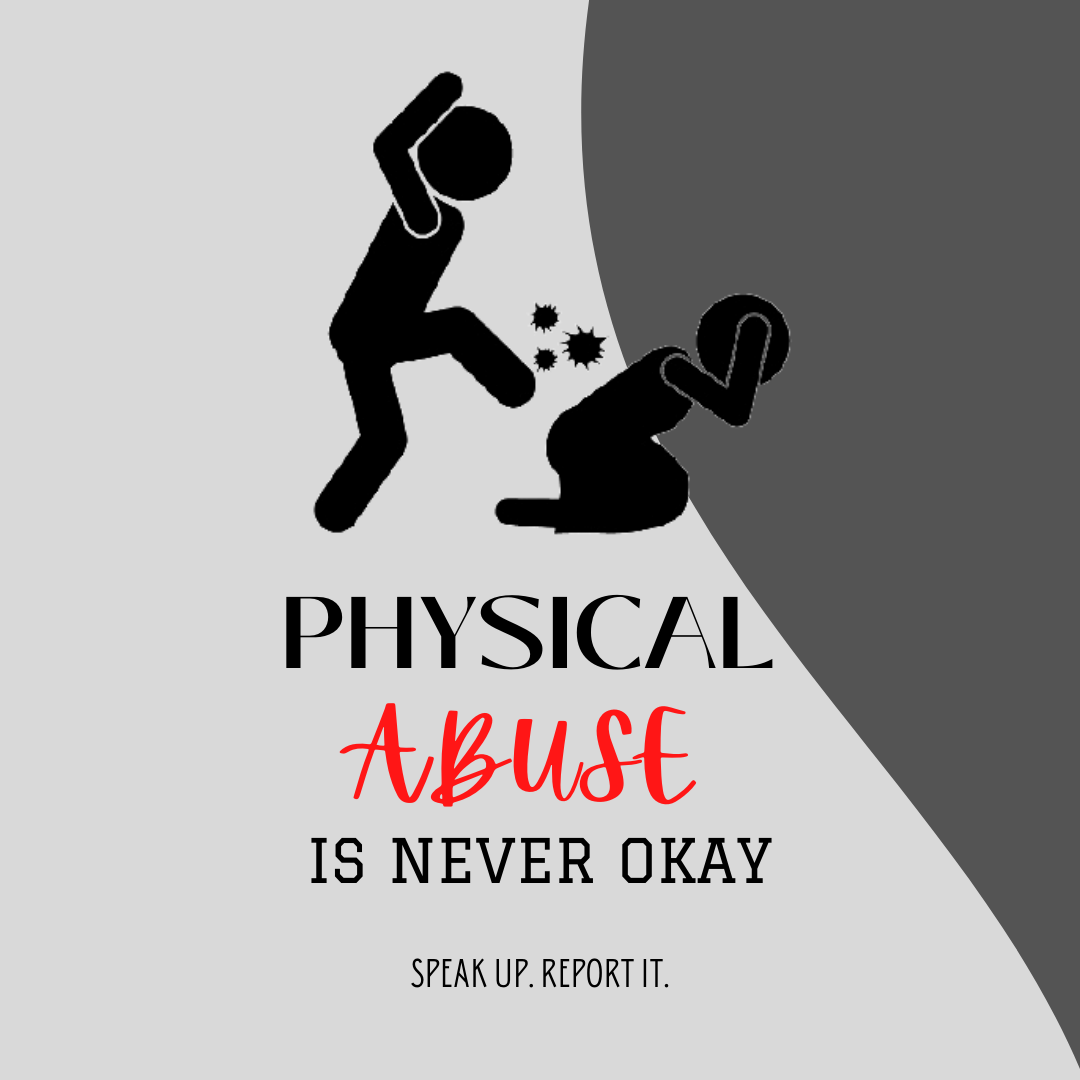Physical abuse is defined as any aggressive act of physical interaction that causes injury or distress to another living thing. A renowned psychologist in west Delhi Dr.R.K.Suri says, Physical abuse most commonly affects kids, but it can also affect adults, as in domestic violence incidents or professional aggressiveness. More than one offender and even more than one sufferer may be involved in physical assault. Every non-accidental action or behavior that causes pain, distress, or other physical pain or physical harm is considered physical violence. According to psychologists Physical abuse can take various forms and harm both kids and adults. Physical abuse includes hitting, striking, smacking, poking, lashing, bashing, or any other type of injury.
HOW IT STARTS
Several sufferers of physical and sexual abuse claim that the assault began with a simple smack or a shove and gradually escalated. An attacker may frequently point the finger at somebody else, like the sufferer, for expressing or doing anything that he or she believes ‘triggered’ their aggressive behavior. They may also claim that their actions were the consequence of being under the influence of drugs or alcohol, or that they were anxious or irritated. After an attack, it’s very normal for the attacker to feel guilt and repent. They could apologize and vow not to repeat the offense. Dr.R.K.Suri (a Clinical psychologist in west delhi) explains an attacker frequently expresses genuine guilt after what they’ve done, making it more difficult for the abuse victim to distance themselves from the relationship.
WHAT TO DO IF YOU’RE BEEN PHYSICALLY ABUSED?
Get away from those people who are abusing you. Begin by taking away from the attacker if you are in direct danger. This could entail leaving your residence and traveling to a secure location with your cell phones, such as a nearby cafe or a friend’s home. If your attacker is present, you will need to leave your job or education. Find a quiet and safe location where you can phone for assistance. If you can’t get away from your attacker, wait until he or she is out or has left before calling emergency services. If your spouse is physically assaulting you, for example, contact for aid when he/she is at his/her office. If you go to a restaurant or supermarket rather than a friend’s or family member’s residence, notify them as soon as possible and then let them understand where you are while you make plans.
Make a phone call to a helpline. Many hotlines have been established to assist victims of bodily abuse and violence. These hotlines are manned by trained professionals who will maintain your conversation private. They may refer you to a refuge where you can get far from the offender and other agencies where you can obtain treatment. The majority of crisis lines are available 24 hours a day, 365 days a year.
Devise a move. Whether you seek assistance from relatives, acquaintances, a counselor, or a professional psychologist, you and this individual should collaborate to develop a precise exit strategy. This includes determining a safe home, a suitable departure schedule, collecting important files and paperwork, setting away money, etc. If you exit your relationship, attempt to take any signs of misconduct or assault with you. This could include your abuser sending you hostile messages. Records of authorities and medical reports could be among them. It could contain photos of your wounds or property destruction.
Dr.R.K. Suri says, Physically abusing another person is illegal in several nations. Whether it occurs within or outside the household or in a romantic relationship, physical violence is a crime. The law enforcement officers have the power and control to defend you from bodily harm. There are always methods to expose someone in a position of authority who physically assaults you. Even if it occurs only once, physical violence is a felony. You may believe the assault will never occur again. Your partner may try to persuade you that it won’t happen again. The abuse may end, but it’s more likely that it will persist. And no one has the right to abuse you, even if it is only once. Seek help as soon as possible because no relationship is worth enduring abuse.
Read more:
Importance Of Sacrifice In Human Life
Top 6 Signs That You Are Too Harsh On Yourself
7 Weird Ways To Improve Decision Making Skills
Author: Aditi Upadhyay (Intern at Psychowellness Center)

